Latest news
Search news stories
Enter a keyword to search news.
Human integrated sensor system program
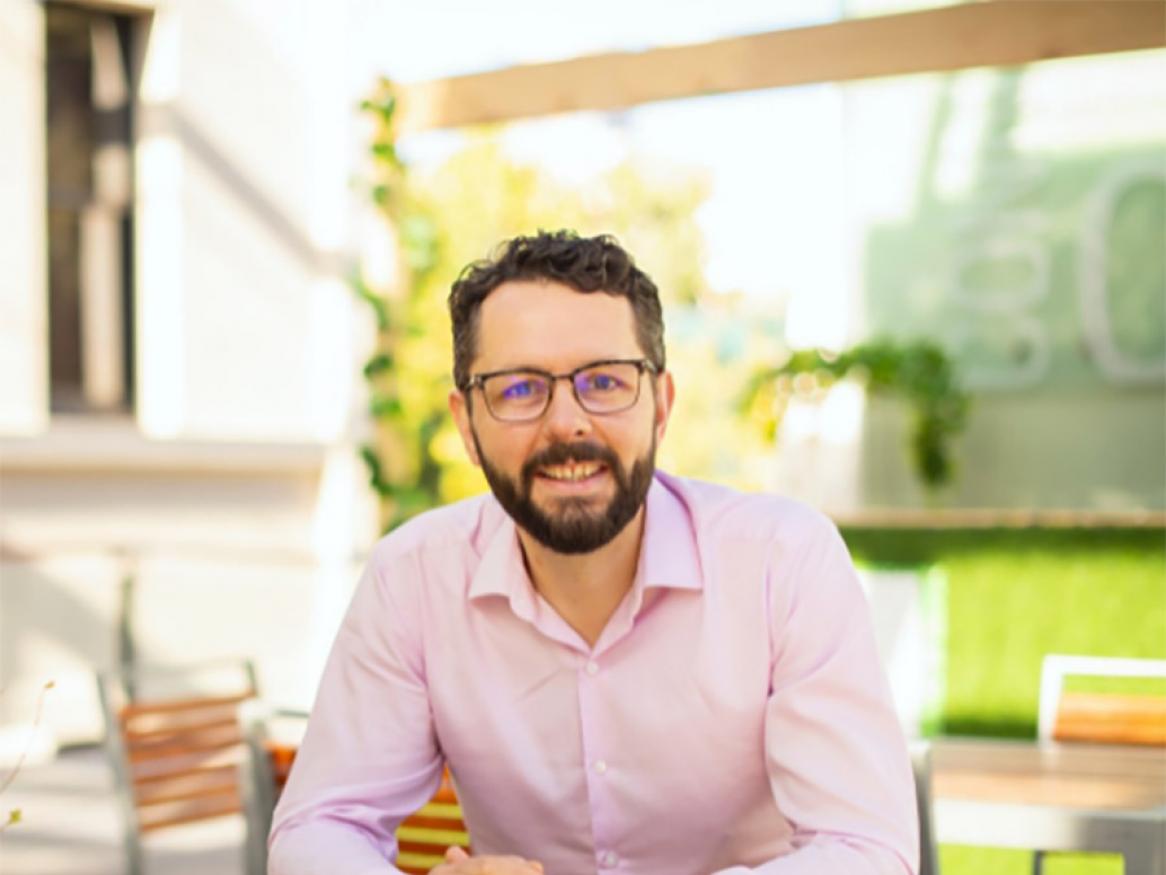
Sometimes it is not possible to identify in advance if there are chemical or biological agents present in an area.
Drone-borne gamma ray sensors
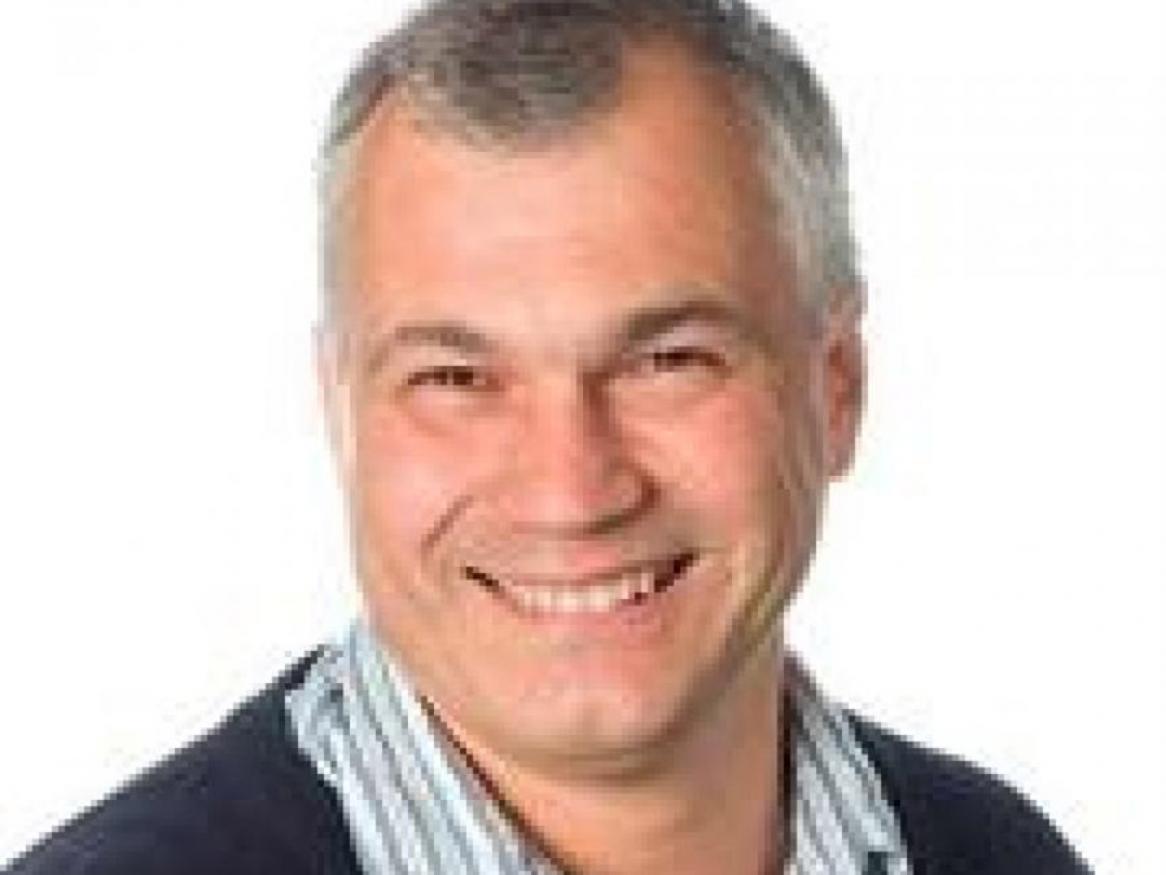
In a CBRN attack, our defence forces must be able to accurately assess a battle space for radiation and other toxic substances.
Simultaneous location and mapping in autonomous vehicles
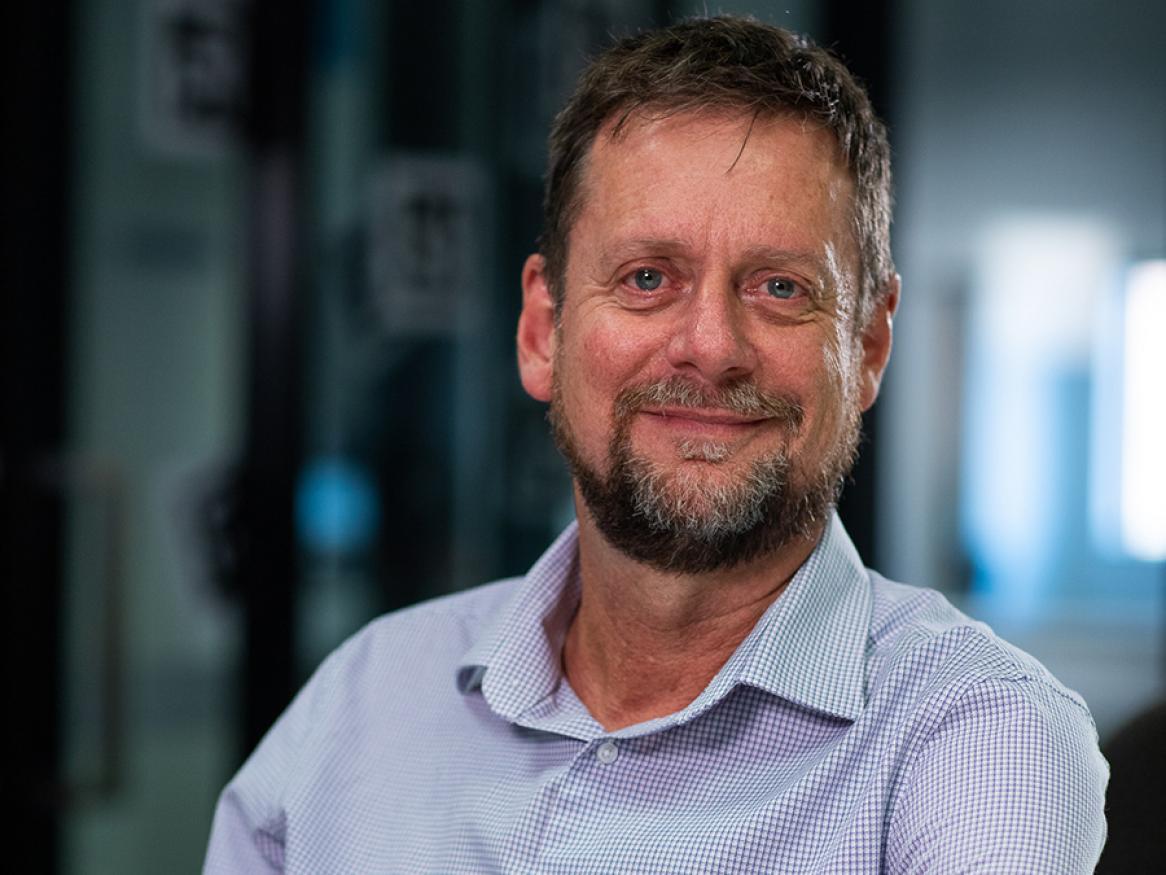
Robotic and autonomous vehicles are valuable defence assets as they can undertake operations which present increased risks to personnel, such as entering contested or contaminated areas where they can gather information, or act as relay points for communication systems.
[Read more about Simultaneous location and mapping in autonomous vehicles]
Building successful hybrid human/AI teams
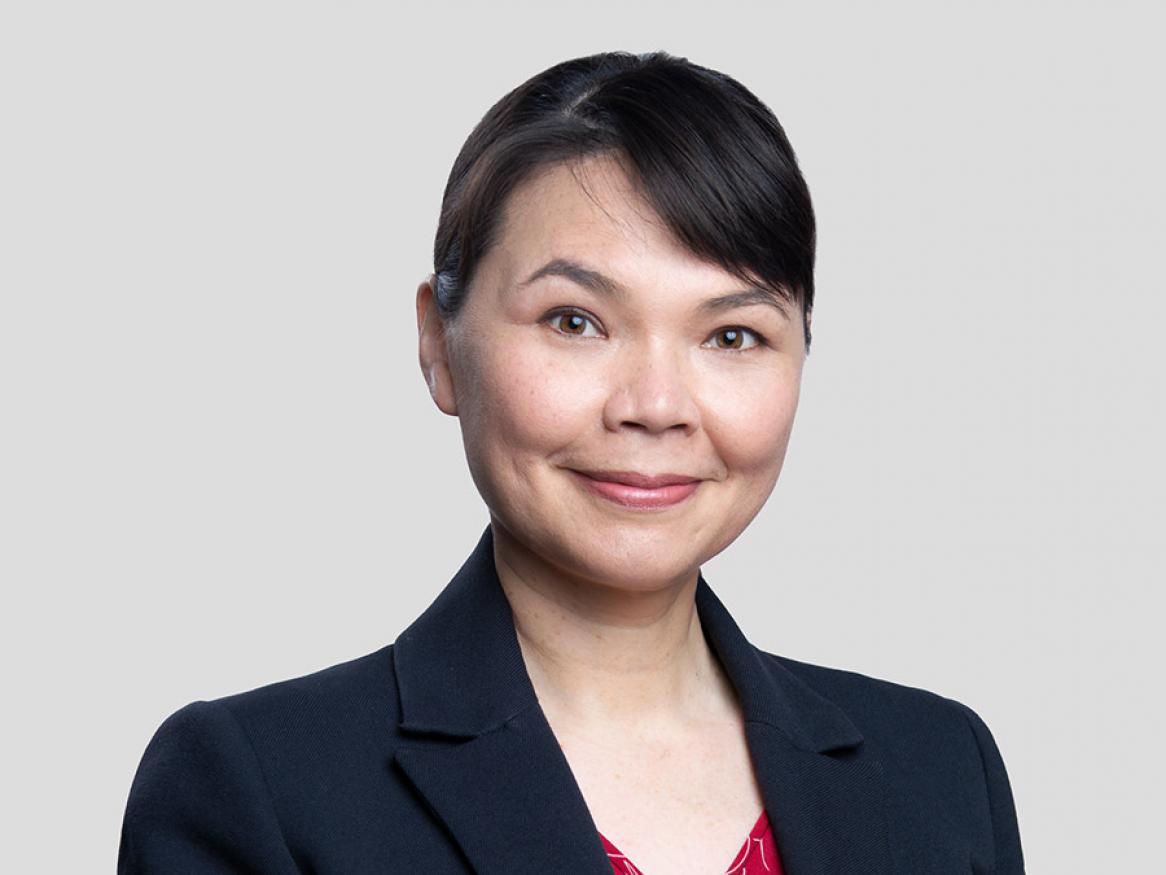
As we increasingly embed Artificial Intelligence (AI) into defence capabilities, we must understand how AI agents and humans can work together.
Contextual awareness training for autonomous systems

Many algorithms used to train autonomous systems are based on variations of existing thresholds rather than truly unexpected new data.
[Read more about Contextual awareness training for autonomous systems]
Increasing space domain awareness
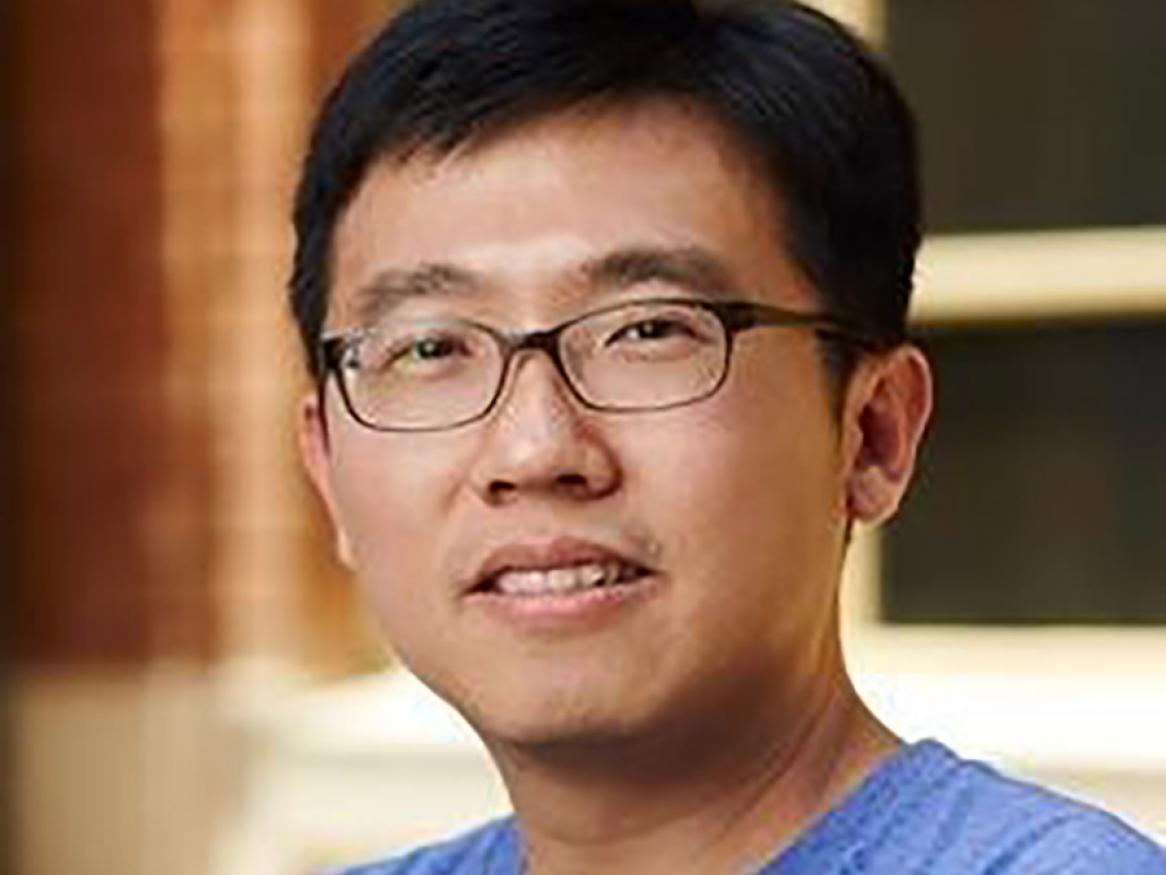
There are thousands of satellites operating in the Earth’s orbit, some of which provide communications, navigation and other critical functions to our defence and security forces.
Next generation high energy, high repetition lasers
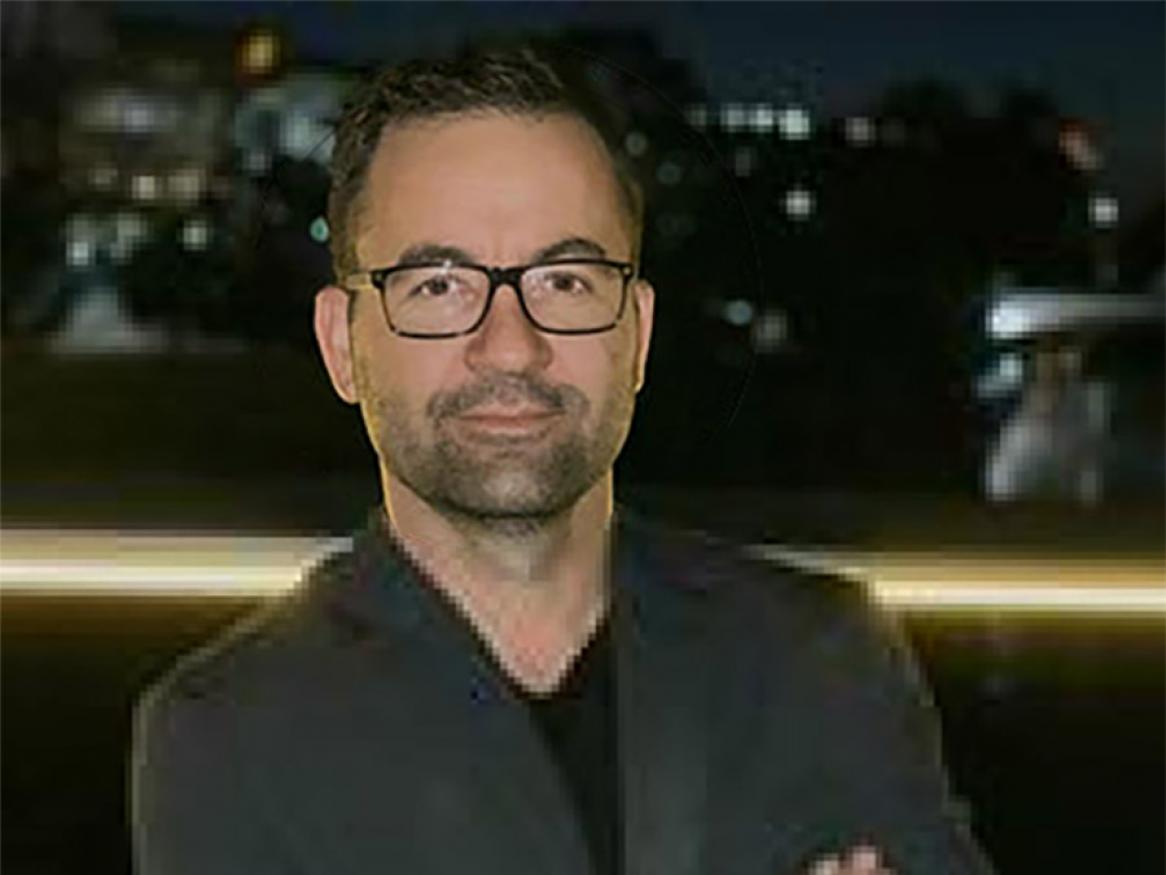
Ultrashort and shortpulse lasers (USPL) are driving substantial innovations in a range of sectors including defence, medicine and remote sensing.
[Read more about Next generation high energy, high repetition lasers]
Creating quantum light sources and light source detectors
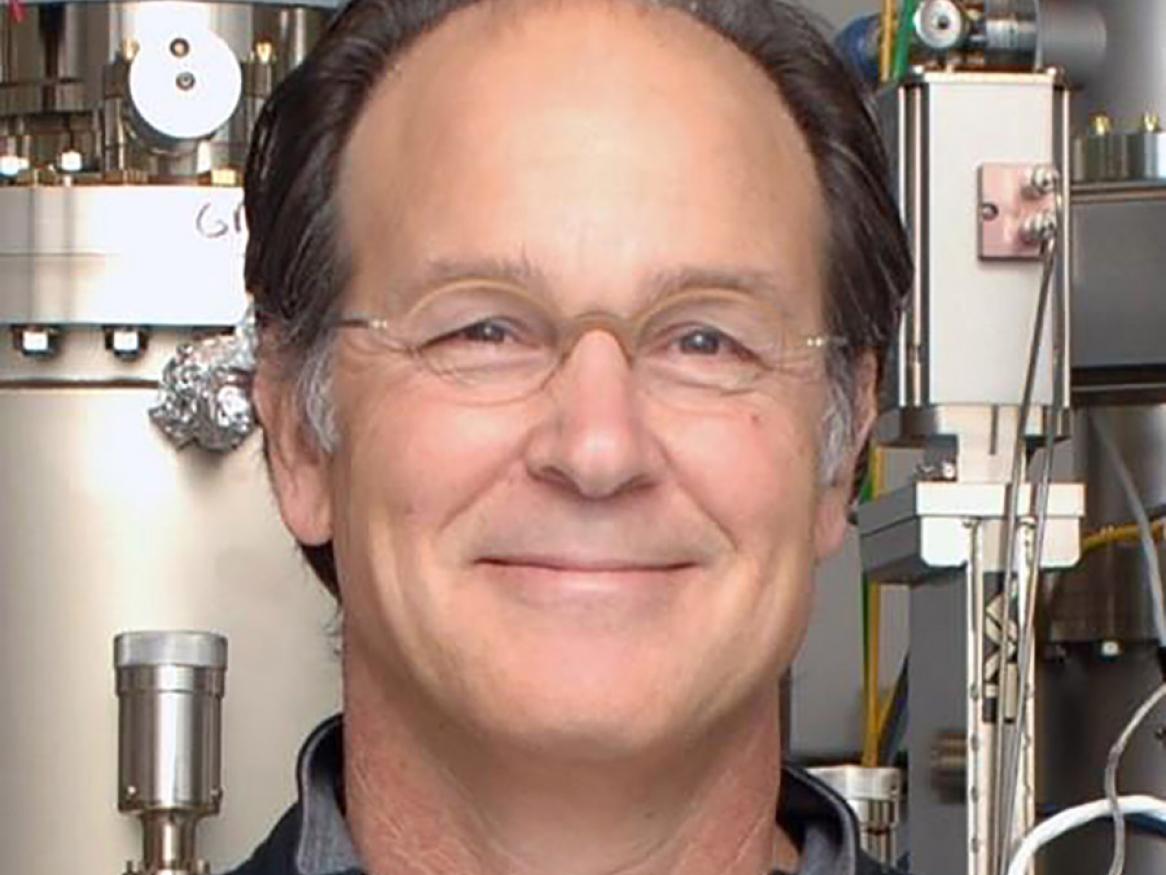
The University of Adelaide has a world-class quantum materials program which brings together physicists, engineers, material scientists, and key industry partners, including Silanna and DSTG, to identify where quantum materials and solid-state quantum devices can affect impactful change.
[Read more about Creating quantum light sources and light source detectors]
Harnessing quantum materials for magnetic field sensing
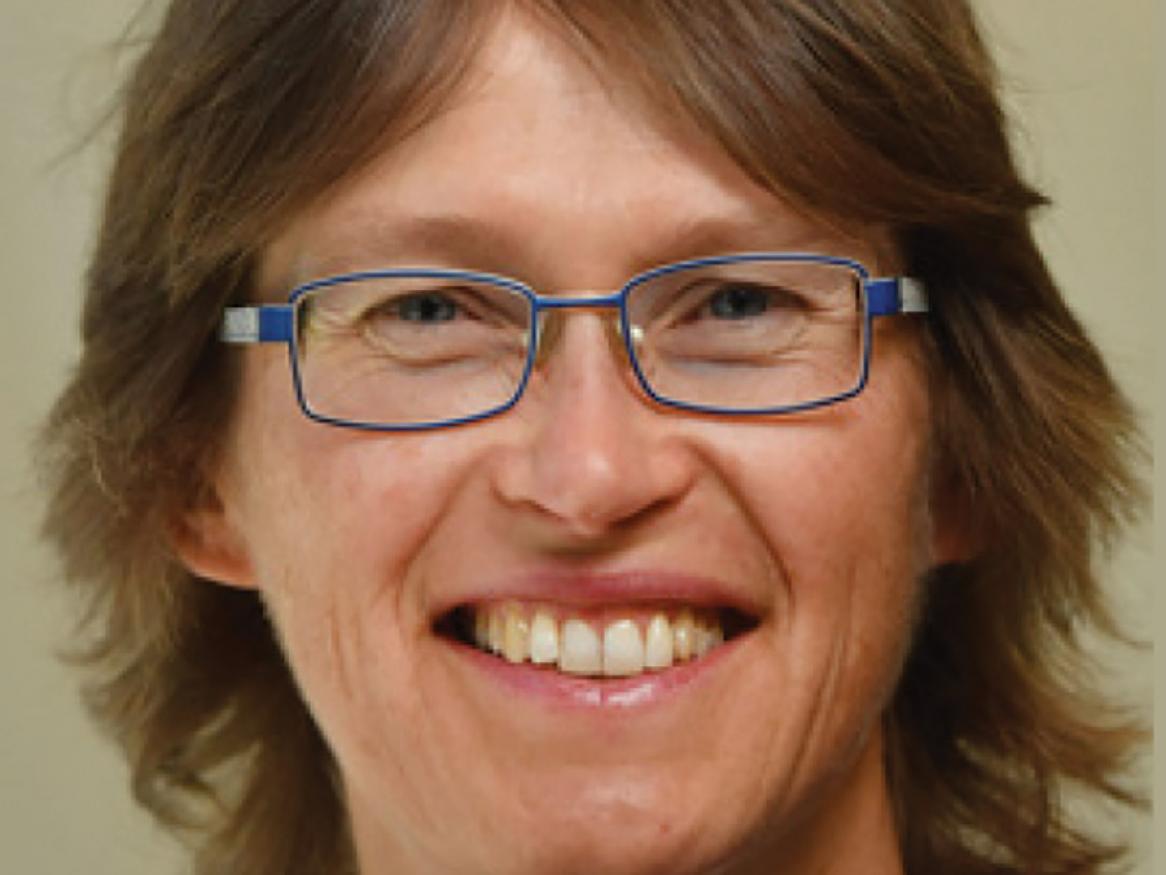
Advanced research into quantum materials has allowed us to harness quantum effects on well-known materials and introduce properties which provide sensing abilities far beyond what has been possible previously.
[Read more about Harnessing quantum materials for magnetic field sensing]
Portable quantum clock technology
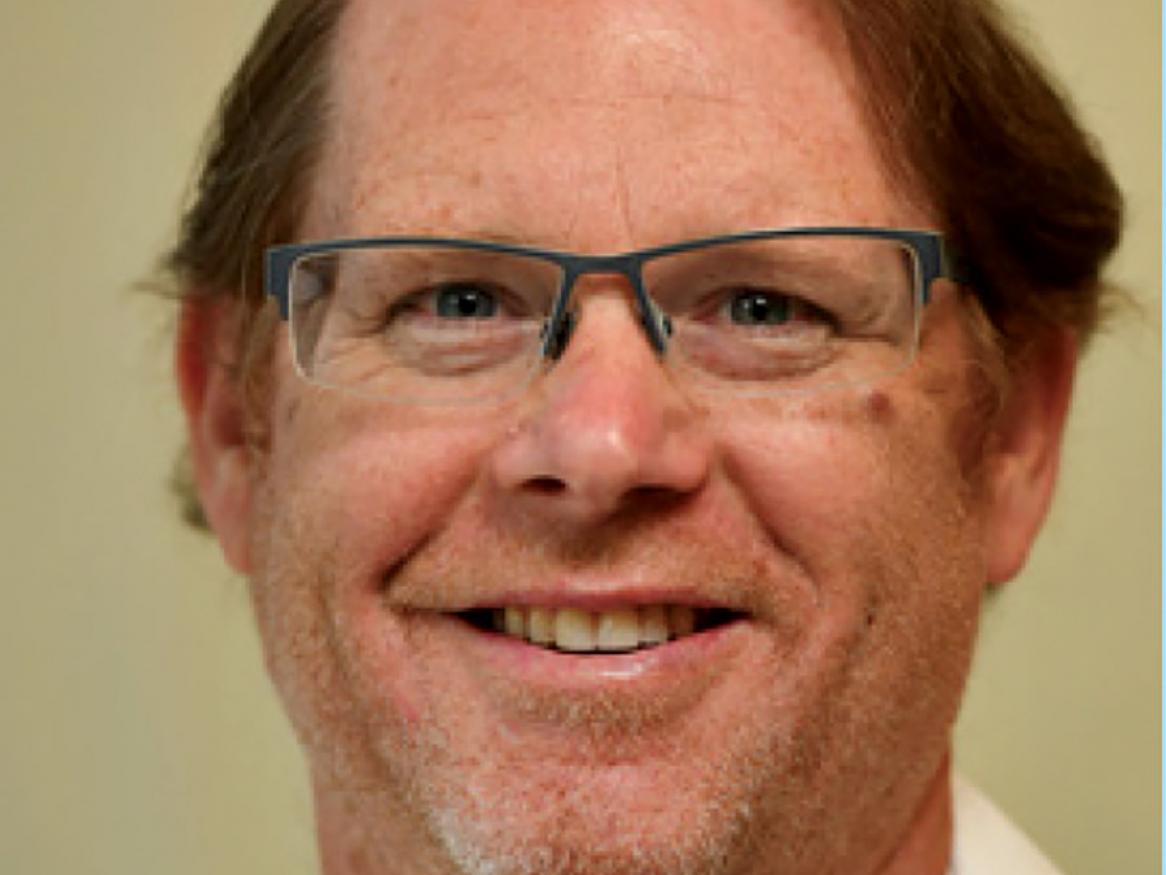
Accurate and assured timing is critical to numerous defence and civilian operations including computing, communications and navigation.
